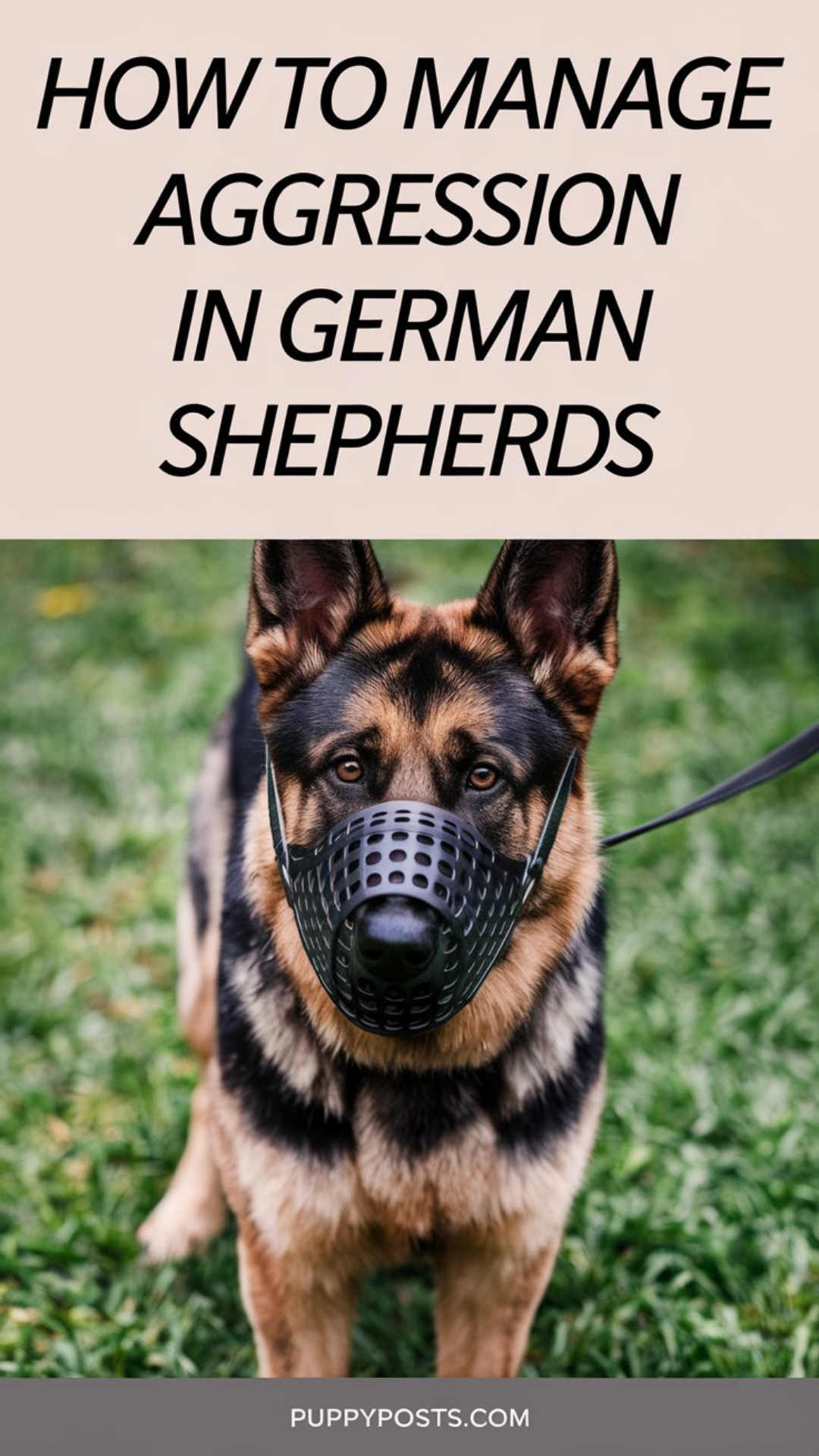How to manage aggression in German Shepherds
Listen, German Shepherds are loyal, smart, and strong-willed dogs—but aggression in this breed is something you need to handle head-on. I’ve worked with plenty of Shepherds over my ten years as a vet and running a sanctuary. When aggression shows up, ignoring it or hoping it’ll go away won’t cut it. You’ve got to manage it with clear, calm, and consistent leadership. Here’s how you do it right.

1. Recognize the Early Warning Signs
Don’t wait for a full-blown problem.
- Watch for growling, snarling, stiff posture, or sudden changes in behavior
- Pay attention to triggers: strangers, other dogs, certain situations
- Catch the signs early to intervene before things escalate
- Understanding what sets off your Shepherd is the first step
Awareness beats reaction every time.
2. Establish Firm Leadership and Clear Boundaries
German Shepherds respect strong, confident owners.
- Set clear rules about what behavior is acceptable—no wiggle room
- Be consistent; every member of the household must enforce the same standards
- Use simple commands like “sit,” “stay,” and “leave it” with authority
- Never reward or tolerate aggressive behavior
Strong leadership builds trust and control.
3. Use Positive Reinforcement, Not Punishment
Punishing aggression makes it worse—trust me.
- Reward calm, obedient behavior with treats, praise, or play
- Train regularly with short, engaging sessions to maintain focus
- Redirect aggressive impulses to acceptable outlets like toys or commands
- Positive reinforcement creates cooperation, not fear or resentment
Build good habits with good energy.
4. Socialize Your German Shepherd Early and Carefully
Proper socialization reduces fear-based aggression.
- Introduce your dog to different people, animals, and environments gradually
- Use controlled, positive experiences to build confidence
- Avoid overwhelming or forcing interactions your dog isn’t ready for
- A well-socialized Shepherd is less likely to become aggressive
Expose wisely, build a balanced dog.
5. Maintain Mental and Physical Stimulation
An under-stimulated Shepherd turns into a problem fast.
- Provide daily exercise to burn off excess energy
- Engage your dog’s mind with training, puzzle toys, or scent games
- Rotate activities to keep your Shepherd interested and challenged
- A tired dog is a well-behaved dog
Keep the engine running right, avoid trouble.
6. Seek Professional Help When Necessary
Know when to call in the experts.
- If aggression persists, escalates, or causes concern, consult a behaviorist or trainer
- Have your vet rule out medical causes like pain or neurological issues
- Early intervention prevents dangerous situations later on
- There’s no shame in asking for help—it’s responsible ownership
Get support, keep everyone safe.
Final Word: Lead Firmly, Train Positively, Stay Consistent
Managing aggression in a German Shepherd demands steady, confident leadership and positive, consistent training. Know the triggers, set clear boundaries, socialize wisely, and keep your dog engaged. When you do this, you’re not just managing aggression—you’re building a loyal, balanced companion you can trust for life.







